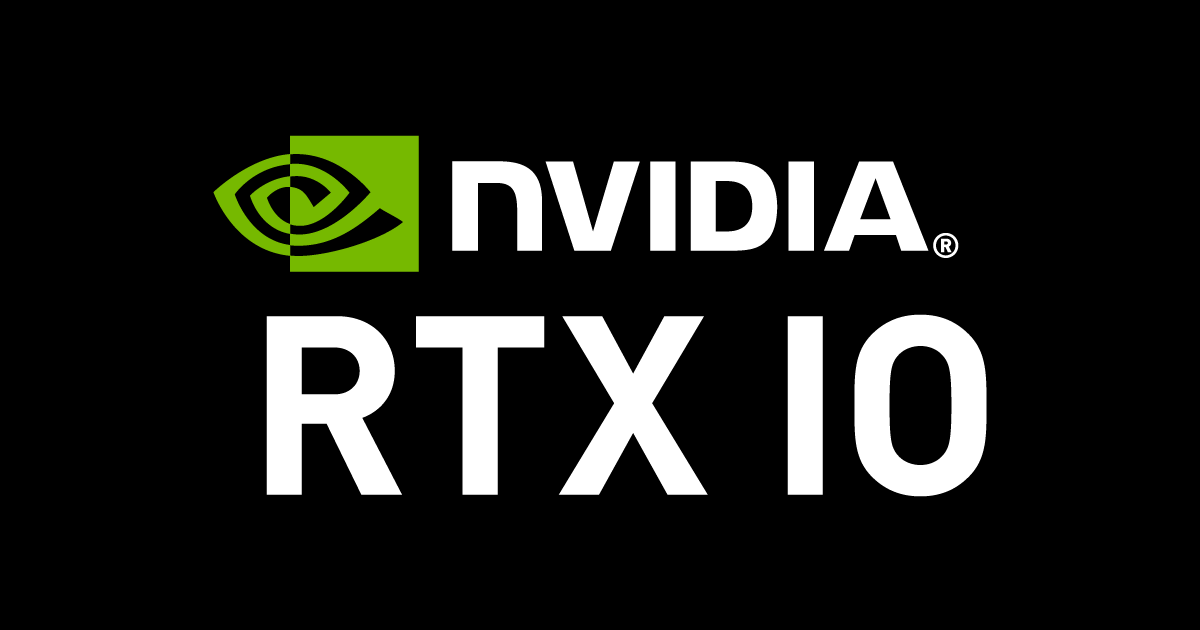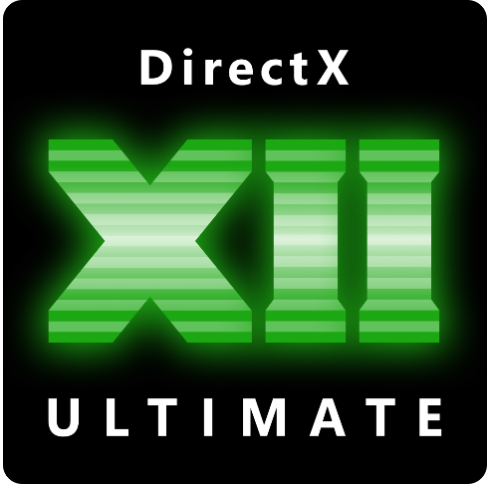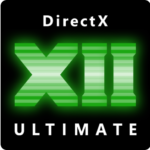Not for any given individual, but it is when you look at the PC gaming community collectively. As mentioned in the OP, adoption of the NVME PCIE 3.0+ SSDs on PC is going to take time. Years. Same with RTX cards for RTX I/O decompression.
Just because the hardware exists doesn't mean there isn't a limitation - if an extreme minority of PC players are using that hardware, then the hardware becomes a limitation at a larger scale.
The next-gen consoles won't have this issue - 35+ million PS5s + Series X|S consoles will be sold by the end of next year alone, and every single one of them will have ultra fast NVME storage solutions. There's no guarantee that even half of active PC gamers 3 years from now will be utilizing PCIE 3.0+ NVME SSDs for games.
Last edited:




